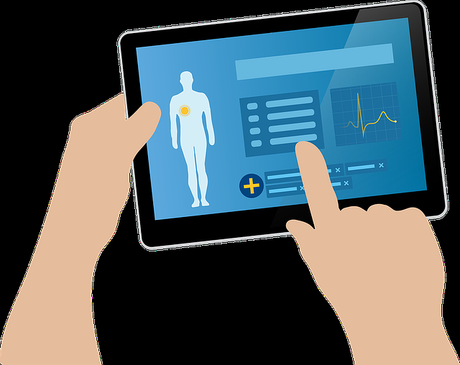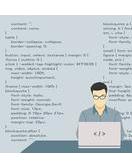Over the past few decades, we have constantly heard about technological developments and the wonders they can do, but there has been a noticeable absence of technology in the medical industry…until now.
Technology leaders from Australia and the United States have recently announced they will be joining forces to boost collaboration in several industries, including health technologies. The aim is to encourage entrepreneurship in Australia along with competitiveness between bigger markets across the globe.
The partnership between the two nations was revealed by the Australian Minister for Jobs and Innovation Michaelia Cash and the Australian Minister for Health Greg Hunt. Both have referred to the alliance as an “important step” in technology being adopted in the health industry.

The first call to action will be to promote business collaboration in areas such as health technologies, artificial intelligence and cyber security. As well as this, there will be a commitment to medical research and the development of innovative treatments specifically for Australians.
Dr Ryan Harvey from home doctor service House Call Doctor said it was an exciting development.
“Australia is often seen as the underdog in the medical industry, and now we are finally dedicating the time and resources to experimenting with new technologies, with thanks from the United States,” Dr Harvey said.
“It is imperative that we keep up with the rest of the world in terms of technology, innovative healthcare and medical research.”
Things are already looking up.
In March, Australia saw the first ever successful major surgery completed outside of a metropolitan city. Four patients had minimally invasive Glaucoma surgery in rural New South Wales. The possibilities for regional communities in Australia could be endless if new technologies are adopted, closing the gap between city and bush.
Not only this, researchers from The University of Queensland within their Engineering, Architecture and Information Technology faculties are launching the Australian Research Council, Research Hub for Advanced Manufacturing of Medical Devices (AMMD Hub) alongside the Government and experts from the industry.

The AMMD Hub will have four key priorities, including:
- Developing advanced materials
- Improving manufacturing technologies
- Having flexible processing capabilities
- Creating better health outcomes for Australian and international patients.
More recently in the United States, the Food and Drug Administration (FDA) recently announced they will be expanding the pre-certification program introduced in 2017. This program was created to streamline the process of bringing digital health products to the market.
The FDA also declared there will be three key focus areas addressing the future of healthcare.
These include:
- Encouraging the development of health products and services, in particular those that incorporate artificial intelligence (AI) – as AI is increasingly being incorporated into new health technologies, there will be a focus on the inclusion of it in digital health tools.
- Expanding the view of the pre-certification for technologies in medicine – available health products have multiple functions, some that even experts aren’t aware of. The FDA will be working to address the gap in health tools to identify their alternative functions.
- Exploring the uses of digital health tools and how to integrate them with prescription drugs – as digital therapeutics (the use of data to complement prescription medication) are now fast-growing in health, the FDA will be investigating the benefits of digital tools and how to utilise them with prescriptions medications.
With Australian and US health experts working collaboratively and independently, their focus on technological advancement, improved engagement and innovation will undeniably open many doors for health industries across both nations and worldwide.

